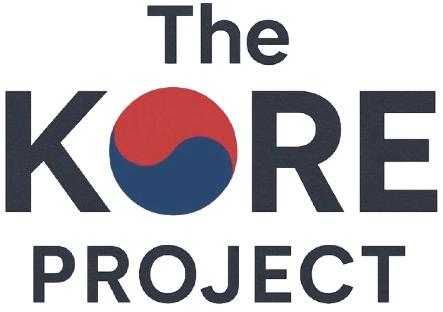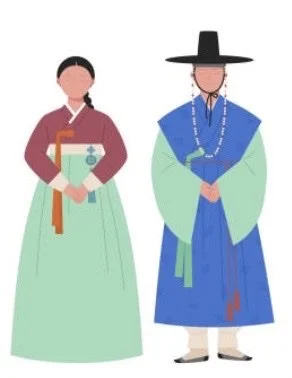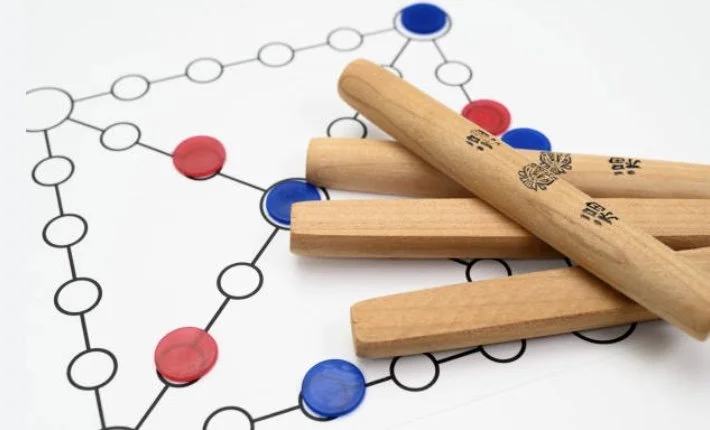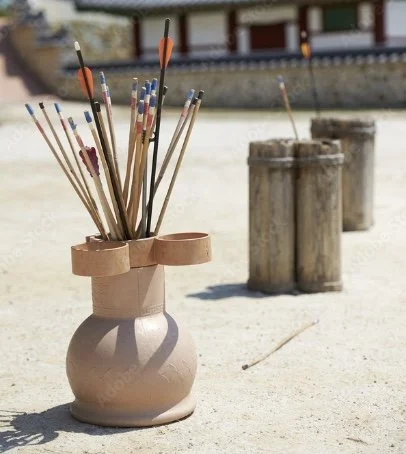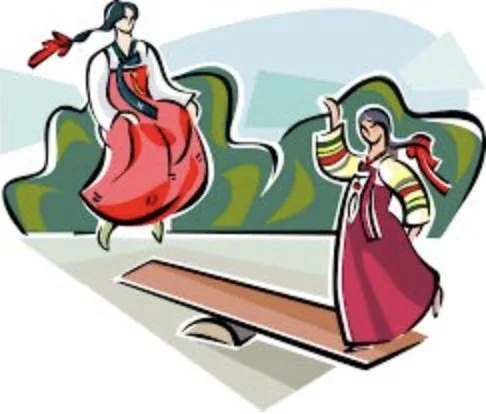Chuseok
Overview
Chuseok (Hangawi) is a major Korean harvest festival, often called Korean Thanksgiving, celebrated on the 15th day of the 8th lunar month. It's a time for families to gather, give thanks for the harvest, and honor their ancestors through memorial services and by visiting family graves. Literally, ‘Chuseok’ means Korean autumn eve. Chuseok is a time for families to get together, share food and goodwill, and perform ancestral worship rituals. Many ideas such as Charye (차례), stem from the Confucian idea of filial piety. Just like how we say Happy Thanksgiving in English, people often say 추석 잘 보내세요 (chuseok jal bonaeseyo), which just means “Have a good Chuseok”
Traditions
It is customary to wear traditional Korean clothing, or hanbok, for the holiday, especially for ceremonies and family gatherings. There are a lot of celebrations, but it often includes playing traditional games like yut nori (a board game), tuho (arrow throwing), and neolttwigi (seesaw jumping); gift giving of fruit, meat, ginseng, and snacks to friends and relatives; and preparing and sharing special foods.
Hanbok Image
Yut Nori
Players throw four yut sticks to move their pieces around a board. The game is a race to be the first team to get all four of their pieces around the board and back to the start
Tuho (Arrow Throwing)
Players toss arrows into a narrow-necked wooden jar from a set distance
Two people stand on opposite ends of a long wooden board and take turns jumping to launch the other person into the air. This game is often played by girls and women.
History
The history of Chuseok is from the ancient Silla kingdom. According to legend, there was a long weaving contest between two teams; the winner would get treated by the loser with food, drinks, and other gifts. This is known as gabae ((가배) and began a tradition of giving and festivities.
Vocabulary
Beolcho (벌초). The act of trimming grass and cleaning around ancestors’ graves before Chuseok to show respect.
Charye (차례). Ancestral memorial rite where food is offered to honor ancestors. Ganggangsullae (강강수월래). A traditional Korean circle dance performed by women under the full moon.
Hanbok (한복). Traditional Korean clothing that is often worn on holidays and special occasions.
Hanwoo (한우). Premium Korean beef often enjoyed during celebrations.
Jeotgal (젓갈). Salted and fermented seafood.
Seongmyo (성묘). Visiting and paying respects at ancestors’ graves.
Soju (소주) – Alcoholic beverage typically made from rice or sweet potatoes.
Songpyeon (송편) – Half-moon-shaped rice cakes filled with sesame, beans, or chestnut paste.
Ssireum (씨름) – Traditional Korean wrestling.
If you want to learn more vocabulary about Chuseok or practice, use this Quizlet!
